Mixed picture seen for SAR
Updated: 2015-07-24 14:01
By Sophie he in Hong Kong(China Daily USA)
|
||||||||
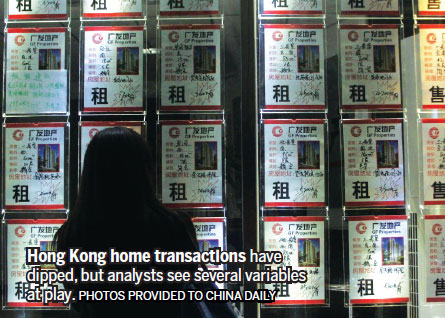
The recent volatility in the Hong Kong and mainland stock markets, as well as an imminent interest rate hike by the US Federal Reserve will dim the momentum of the SAR's housing market and slow down the rise in home prices in the second half of 2015, warn analysts.
Vincent Cheung Kiu-cho, national director of global real-estate solutions at Cushman & Wakefield Valuation Advisory Services (HK), for one believes there is no doubt that the stocks volatility on either side of the border will affect home sales in Hong Kong in the second half.
Speaking to the China Daily, Cheung estimated that transaction volume in the residential market will drop to between 3,000 and 4,000 per month from the current level of 5,000 to 6,000, on less-than-enthusiastic market sentiment. He expects the price of small- to medium-sized homes to rise by another 4 percent in the second half, following a 6 percent growth in the first.
While luxury residential properties priced between HK$10 million and HK$30 million may see a small increase of 1 to 3 percent through 2015, luxury homes priced over HK$30 million are expected to see their price tags go up by 5 percent, Cheung forecast.
Both mainland and Hong Kong investors may have lost money on the stock market recently and are unlikely to be in the mood to shift their investment into the property market right away, said Cheung.
Since hitting a peak on June 12, the Shanghai Composite Index had fallen by nearly 30 percent by last week and nearly $3.9 trillion was wiped off the mainland stock market.
In Hong Kong, share prices on July 8 plunged to a seven-month low in the biggest one-day drop since the global financial crisis of 2008, as the rout on the mainland market accelerated and spread to major regional bourses, fueled further by the Greek debt crisis.
Home sales in the SAR dipped. The Centa-City Leading Index, a gauge of secondary private residential property prices, recorded a weekly drop of 0.29 percent for the seven days ended July 5.
Agents also reported a marked drop in weekend sales of first-hand apartments, and blamed the stocks turmoil as well as a lull in new launches.
Aside from the stock market turmoil, another factor that may make investors stay away is that returns from Hong Kong residential properties is a less than attractive 3 percent or so, and with the US expected to raise rates in the second half, costs of investing in property are also set to rise, explained Cheung.
According to Cheung, a 10 percent rise in the price of small to medium-sized homes is acceptable.
"You need to take the inflation factor into consideration," said Cheung, explaining that if the inflation rate for the year is 3 to 4 percent, the real price increase for small- to medium-sized properties would work out to only about 6 percent.
He also forecast that, thanks to an increase in supply of housing units in the coming years and the prospect of the US entering an interest rate hike cycle, the rate of home price increases in Hong Kong will continue to slow down.
"Next year, the real price increase for homes will be between 4 and 5 percent," Cheung said.
Echoing Cheung was Joanne Lee, senior manager of research and advisory at Colliers International Hong Kong, who also believes that the stock market turmoil will have a negative impact on buyer sentiment in the property sector.
"The stock market has an impact on the wealth effect. So when the stock market underperforms or is very volatile, it will change people's perspectives about their financial situation," said Lee.
"But the impact will be larger on sales of luxury residential properties," she forecast, especially homes in traditionally upscale districts and sized over 1,200 square feet (nearly 111.5 square meters), rather than mass-market homes.
Lee said the price of residential property in the mass market increased by 8 percent in the first half, and the whole-year figure would be around 10 percent.
In the second half, buyers are expected be more cautious, especially with the US likely to increase interest rates, so the price increase in the second half will slow down, she said.
Luxury in focus
But Lee stressed that a double-digit growth in mass market home prices is still significant, and if the price increase crosses 10 percent, the government may tighten the mortgage rate again to cool down the market.
The outlook of Joseph Tsang, managing director at Jones Lang LaSalle Hong Kong, reflected that of Lee, as he told a press conference that the stocks volatility will have a greater impact on luxury property than on the mass market.
That is because mass market customers are usually first-time home buyers or families in need of upgrading their apartments, which will provide enough support for continued growth in the market.
Tsang expects the US Federal Reserve to raise interest rates by 25 basis points in the second half and forecasts a 10 percent price growth for the mass market property sector this year.
Prices of private residential apartments in Hong Kong hit a record high in May, rising for the 14th month in a row, according to latest data from the Rating and Valuation Department.
The private-residential housing price index rose to 298.4, which is 1.1 points or 0.37 percent higher than in April. Compared with May last year, the index has climbed 20.6 percent and, in the first five months of this year, it has surged 7.2 percent.
In May, the price of small apartments, or those sized at 40 square meters or less, went up 0.52 percent from April, while the price of larger units, that is between 70 and 99.9 square meter, rose by 0.4 percent month-on-month.
sophiehe@chinadailyhk.com
- Tian'anmen gets early makeover for grand parade in September
- China eyes deepened cooperation with overseas NGOs
- Beidou navigation system moves a step closer to global coverage
- Integration will bring opportunity for overseas talent
- Ten photos you don't wanna miss (July 20-26)
- Sansha city, three years after its founding
 Elvis Festival pays tribute to the King of Rock 'n' Roll
Elvis Festival pays tribute to the King of Rock 'n' Roll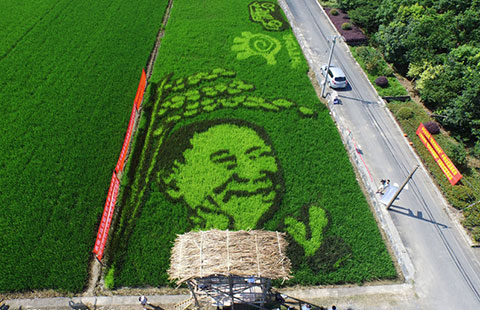
 Four-color rice turns paddy field into artwork
Four-color rice turns paddy field into artwork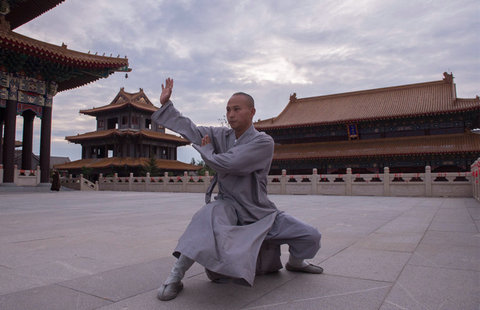
 Images capture modern life of a warrior monk
Images capture modern life of a warrior monk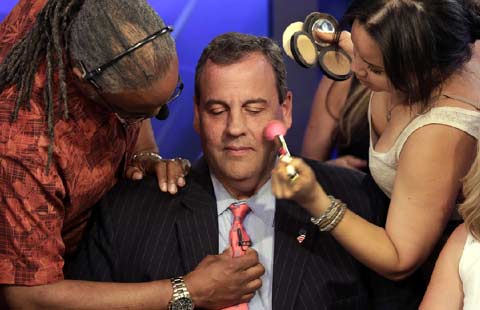
 The world in photos: July 20 - 26
The world in photos: July 20 - 26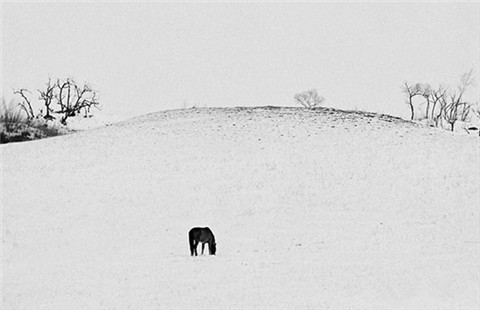
 Amazing landscape of China in white and black
Amazing landscape of China in white and black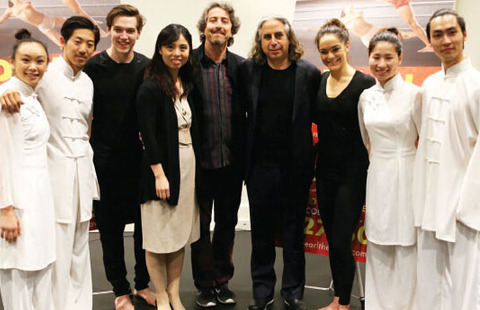
 Across America over the week (July 17- July 23)
Across America over the week (July 17- July 23)
 Unusual but true: 'Love' conquers all
Unusual but true: 'Love' conquers all
 Six dead as rainstorms wreak havoc in China
Six dead as rainstorms wreak havoc in China
Most Viewed
Editor's Picks

|

|

|

|

|

|
Today's Top News
Beijing condemns Somali attack, mourns deaths
China eyes deepened cooperation with overseas NGOs
Monster Hunt breaks Chinese box office record
Olympic bid panel cites city's merits
Astronomers discover most Earth-like planet yet
Seattle Chinatown leader killed in shooting
Flight details of Obama's Kenya trip leaked
2 killed, several injured in Louisiana theater shooting
US Weekly

|

|






